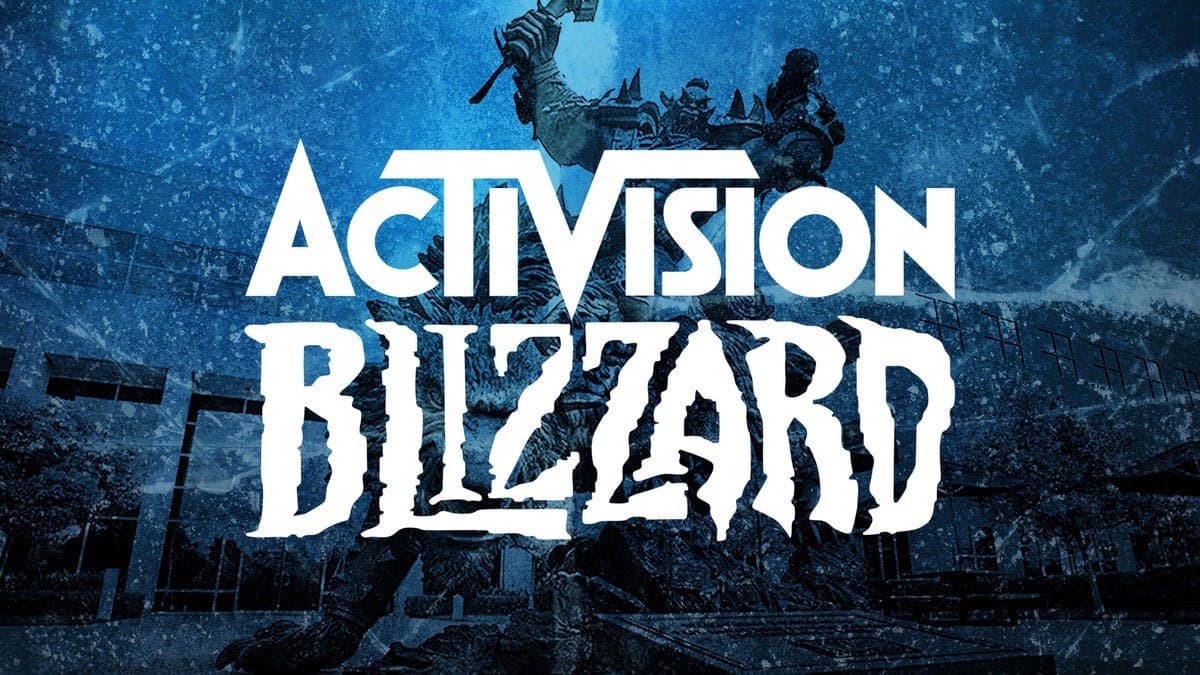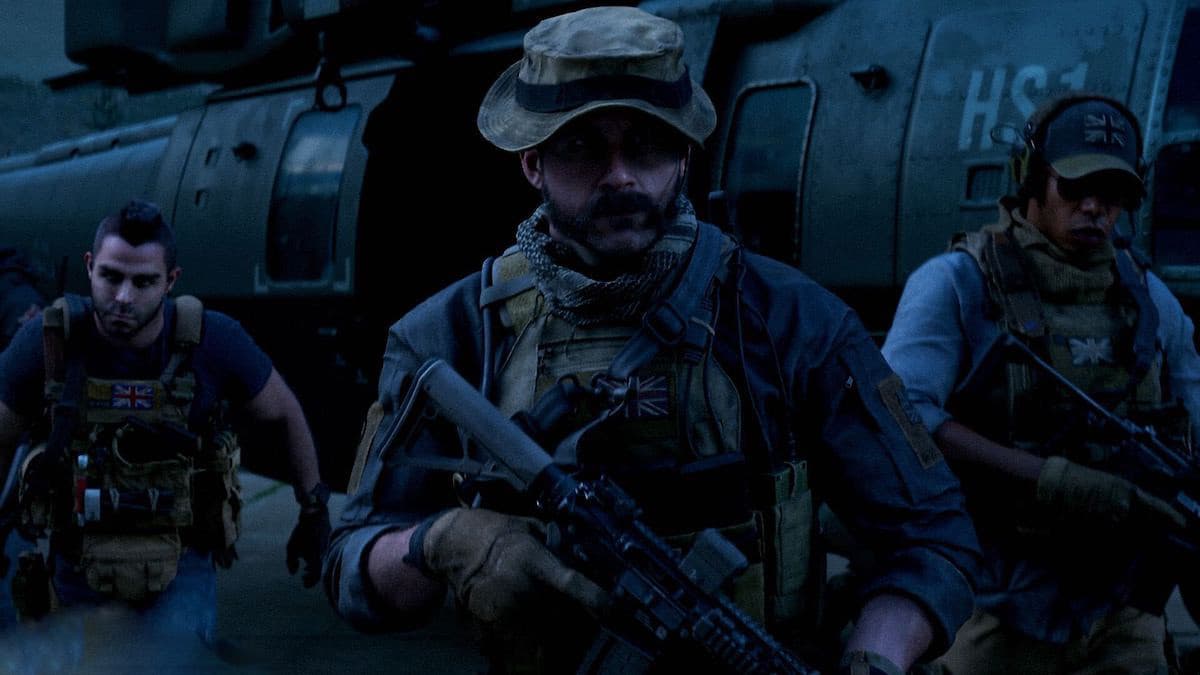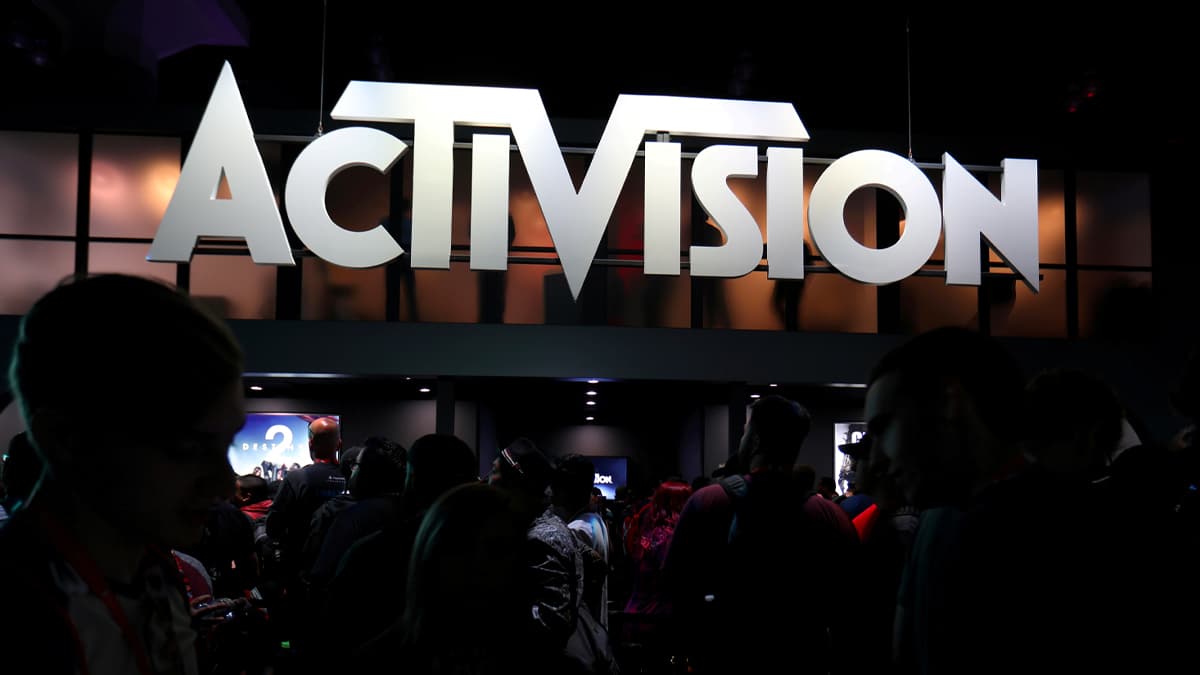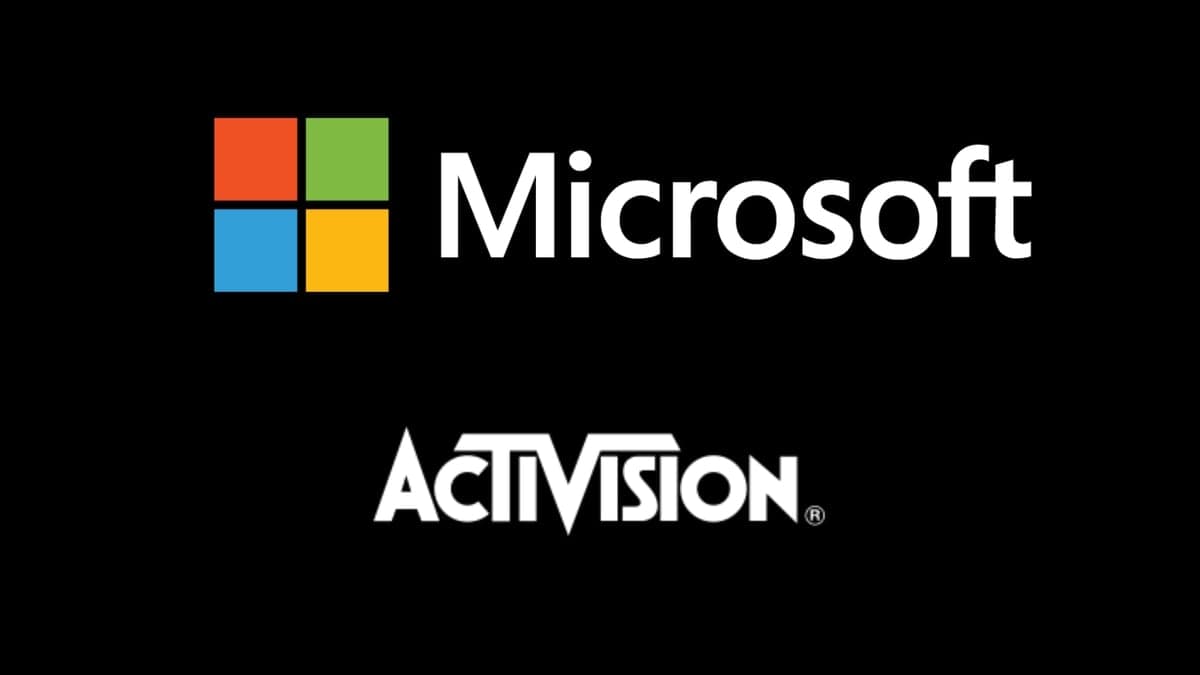US FTC commits to investigating loot boxes in video games
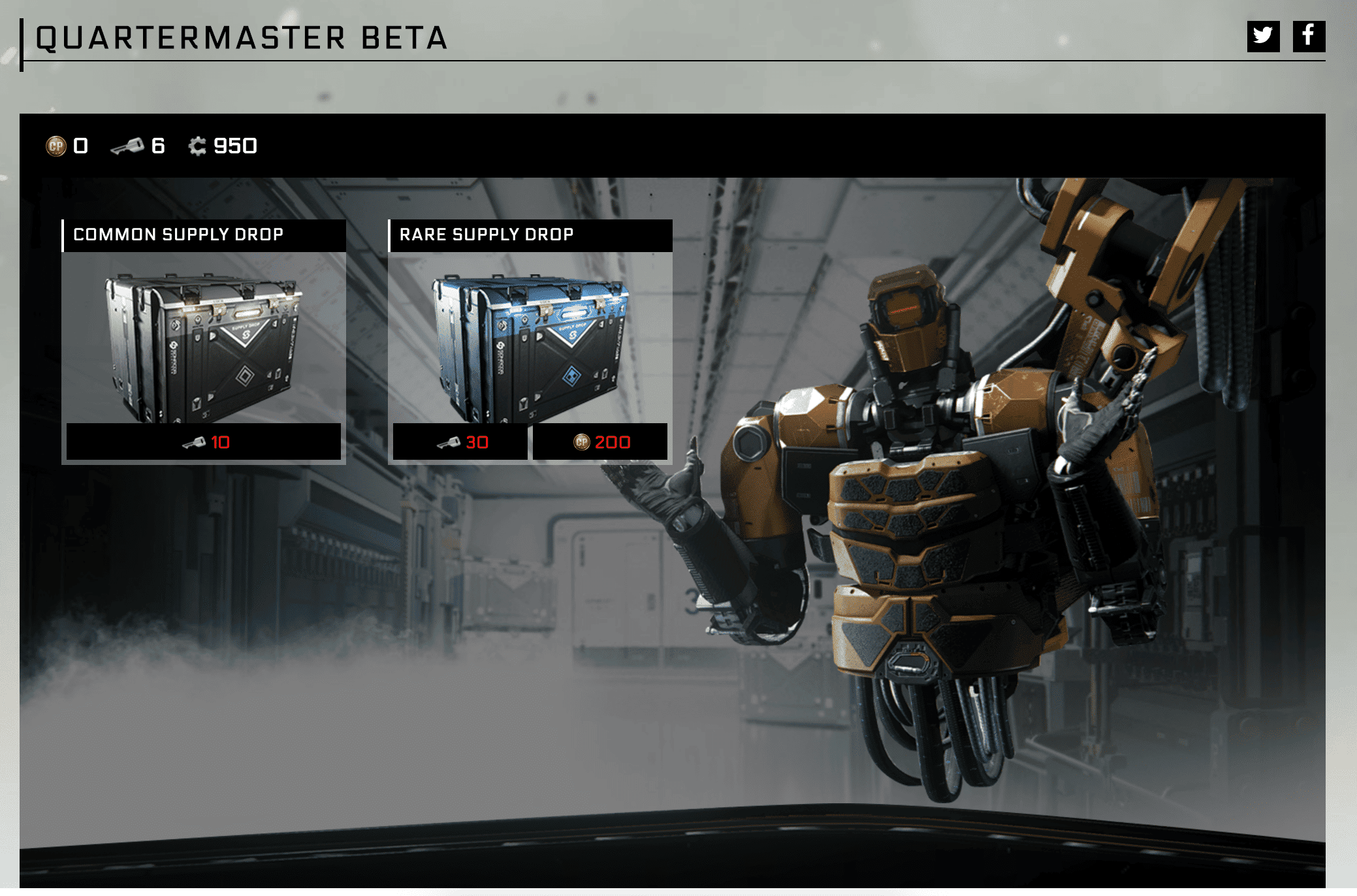
The United States Federal Trade Commission committed to opening an investigation to analysis the loot boxes in video games and their effect on child gambling.
During an oversight committee hearing in Congress, Senator Maggie Hassan (D-N.H.) asked FTC chairman Joe Simons whether he was willing to undertake the task of running the investigation and report back to the committee. Simons responded, “Yes,” alongside other Chairmans present nodding in approval to do so.
“Loot boxes are now endemic in the video game industry and are present in everything from casual smart phone games to the newest, high budget releases,” said Hassan, “Loot boxes will represent a $50 billion industry by the year 2022.”
“It’s time for the FTC to investigate these mechanisms to ensure that children are being adequately protected,” said Hassan, “And to educate parents about potential addiction and other negative impacts of these games.”
The issue of loot boxes and gambling in the video game industry became a scandal of its own when EA’s Star Wars Battlefront II in 2017 caused a widespread outrage over the pay to win aspect of the game. EA had to tone back many of their microtransaction plans because of the outrage, and lost a lot of revenue on the game throughout the calendar year.
Belgium Commission has already conducted their investigation and found that loot boxes are gambling and have required many games to remove their loot boxes from the titles; one of the titles effected is Blizzard’s Overwatch. The commission in Belgium has not yet investigated an Activision titles.
Call of Duty has had a supply drop system in the games since Call of Duty: Advanced Warfare.
In addition, in the U.S, the state of Hawaii opened their own investigation into loot boxes and their effect on children. State Senators from Hawaii last year called out EA in a press conference, referring to Star Wars Battlefront II as a ‘Star Wars-themed online casino.’
Senator Hassan has been at the forefront of the initiative to investigate loot boxes. The Senator asked the ESRB to investigate loot boxes and their effects, but the ESRB followed up by stating that they do not believe loot boxes are gambling but did add a new ‘In-Game Purchases’ Label to all games that contain in-game paid content.
Polygon reached out to the Entertainment Software Association, known as ESA.
ESA responded to Polygon: “Loot boxes are one way that players can enhance the experience that video games offer. Contrary to assertions, loot boxes are not gambling. They have no real-world value, players always receive something that enhances their experience, and they are entirely optional to purchase. They can enhance the experience for those who choose to use them, but have no impact on those who do not.”
The first two minutes of this video showcases the exchange in the committee hearing, which took place Nov. 27:
SOURCE: Polygon
